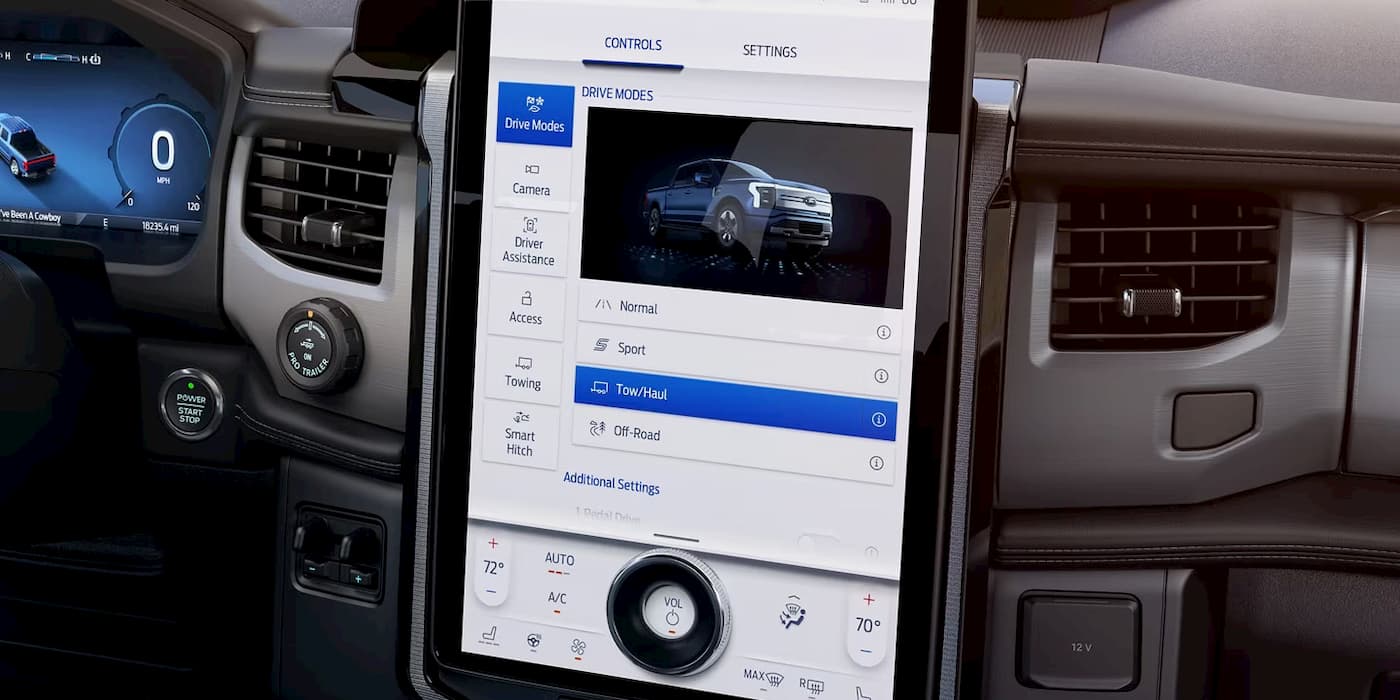Ex-Apple exec wants to bring subscription services to Ford’s EVs


Like most automakers, Ford aims to introduce subscription services as the industry moves to a new digital, electric era. Ford’s tech leader, Doug Field, hired from Apple, says the transition is already underway, with the next steps expected to roll out with the automaker’s upcoming next-gen EVs.
Field began his career as a development engineer at Ford from 1987 to 1993, sparking an impressive career spanning companies like Apple, Tesla, and Segway.
In September 2021, Ford rehired Field to the position of chief tech officer. Before that, he was at Apple, where he held the position of VP of “special projects,” including Apple’s special auto program and developing hardware for the Mac.
Before Apple, Field spent five years at Tesla, including serving as senior vice president of Engineering, leading the development of the Model 3.
As chief advanced product development and technology officer at Ford, Field’s role includes overseeing “design and vehicle hardware engineering across the enterprise” and leading the development of Ford’s electric vehicles and digital systems within Ford Model e.


Field explained at a recent shareholder event that Ford plans to streamline most computing decisions by consolidating them into a centralized processor powered by in-house software – a move that could make Ford EVs even more like an Apple iPhone with subscription services.
Ford to introduce Apple-like subscriptions for its EVs
Speaking to the Associated Press recently, Field explained, “The transition has happened where we designed the hardware and the software for the immediate user interface, the center screen.”
He said this is already being rolled out with the Ford F-150 Lightning. Field continued, “The next step is with our next generation of electric vehicles,” due out in 2025.
We’re expanding to control the overall vehicle and control over the autonomy system. There will be software in parts that comes from suppliers that is appropriate. The reason for that is to make it as fast as possible.
For drivers, this means paying for more services, such as an autonomous system designed to keep the vehicle centered in a lane. Field explained:
There’s a camera. We can’t say to the customer that we’re going to give you a dash cam for free or for a subscription where it’s always running. And if we detect any kind of a bump or anything like that, you’ve got a 30-second recording. We will be able to do that. We talked a little bit about our ability to predict if the car is heading toward a failure or a wear-out situation. I want to count wiper strokes combined with how much water is coming down and where it’s being driven and how dirty it is. Maybe develop an algorithm that knows exactly when your wiper blades are wearing out.
According to Ford’s tech leader, the model is already transitioning from simply buying a car to “you can get a free trial.” He continued:
We are going to build a whole set of services around this. The car is the most sophisticated sensor that you have in your life, and the number of accelerometers and microphones and cameras and things on it will allow it to be not only something that protects you when you’re in the car, but it’ll actually be useful when you’re not there. Even acting as a remote sentry if there’s stuff going on outside the house.
Field explained that affordability will be critical: “The way the business model is changing is going to require it.”
City Dwellers’s Take
Ford’s CEO, Jim Farley, has also emphasized the importance of a software-based model to drive revenue. On the company’s Q1 earnings call, Farley pointed to his visit to China as a “real epiphany,” saying:
It’s interesting to see how customers are no longer just attracted to traditional luxury brands with EVs or even hardware design anymore.
Farley says, “The best new brands are offering integrated digital, retail, lifestyle, and experience that are software-defined.” Despite scaling back operations in China, Ford plans to use it as a “listening post” to gain insights on the latest EV battery tech.
Ford isn’t the only one heading towards this business model; Hyundai/Kia, GM, BMW, Mercedes-Benz, and essentially the entire industry have plans or are already offering subscriptions.
FTC: We use income earning auto affiliate links. More.
